The best encrypted messaging apps to keep you safe from hackers and snooping
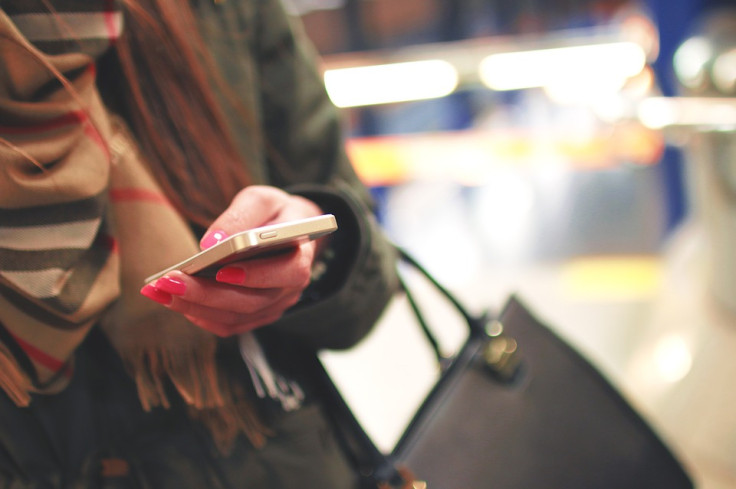
Popular messaging application WhatsApp recently launched end-to-end encryption by default for its one billion-strong userbase in an attempt to tighten security and privacy protections. The move comes amid increased encryption controversy as tensions between law enforcement and major technology firms like Apple, Facebook and Twitter remain at an all-time high.
WhatsApp boasts about its level of encryption: "When you send a message, the only person who can read it is the person or group chat that you send that message to. No one can see inside that message. Not cybercriminals. Not hackers. Not oppressive regimes. Not even us."
In this post-Snowden world many will be demanding this increased security to protect their communications from snooping by hackers and governments but what is the best messaging apps out there for this? Using the EFFs 'Secure Messaging Scorecard' IBTimes UK has gathered together the best apps that currently boast end-to-end encryption to keep your texts and calls secure.
Signal
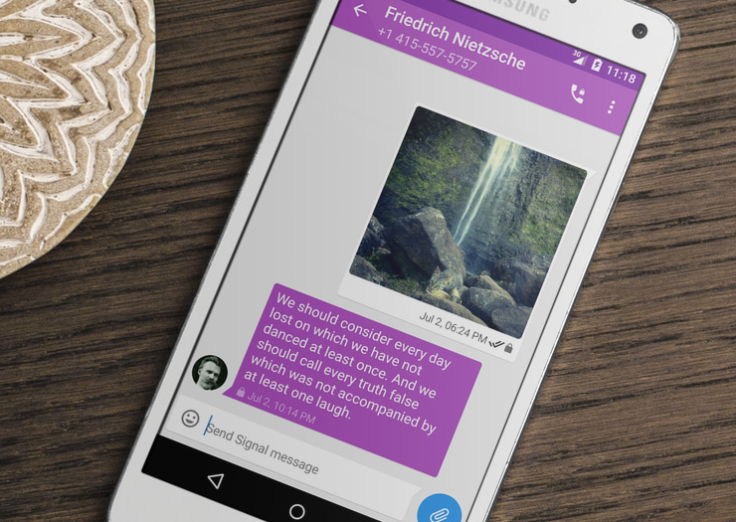
Publicly endorsed by former NSA spy Edward Snowden, Signal is an application developed by Open Whisper Systems available for iOS and Android devices. It offers users end-to-end encrypted text, video or image communications and is based on open-source code – meaning anyone can verify how it is programmed. "We cannot hear your conversations or see your messages, and no one else can either. Everything in Signal is always end-to-end encrypted, and painstakingly engineered in order to keep your communication safe," Open Whisper Systems states on its website.
iMessage & Facetime
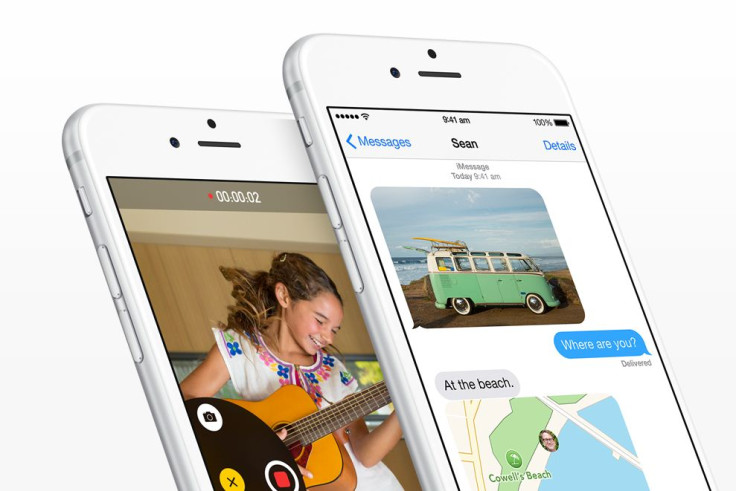
Apple's iMessage and Facetime applications both claim to offer protected communication on iOS and OSX operating systems. "Your iMessages and FaceTime calls are your business, not ours," Apple said on its website. "Your communications are protected by end-to-end encryption across all your devices when you use iMessage and FaceTime, and with iOS and watchOS, your iMessages are also encrypted on your device in such a way that they can't be accessed without your passcode."
Apple claims to have no way to decrypt iMessage and Facetime data when it is 'in transit' between devices and maintains that it does not scan communications. "We wouldn't be able to comply with a wiretap order even if we wanted to," the defiant firm said. Apple has, however, come under criticism in the past as its iCloud feature can circumvent the strong encryption – although Apple says this can be disabled.
Telegram
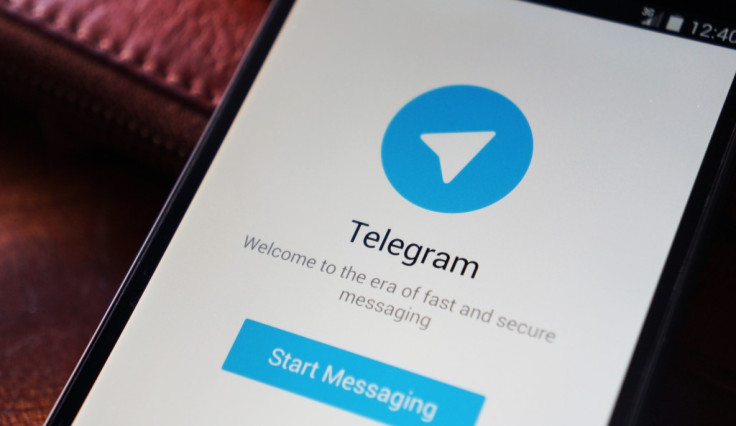
Launched in the same year that the Snowden revelations hit the headlines, Telegram has – for better or worse – become renowned for offering strong encryption. Like the other applications on this list, Telegram claims that all data sent through its service cannot be intercepted or deciphered from a service provider. It offers messages that self-destruct after a certain period and a 'secret chat' option for paranoid users.
"All messages in secret chats use end-to-end encryption," the firm states on its website. "This means only you and the recipient can read those messages — nobody else can decipher them, including us here at Telegram. Messages cannot be forwarded from secret chats. And when you delete messages on your side of the conversation, the app on the other side of the secret chat will be ordered to delete them as well." Unfortunately, the Telegram app has become associated in recent years with the spread of terrorist propaganda online – and is increasingly used by terror groups like the Islamic State (Isis) to organise and chat in private.
Wickr
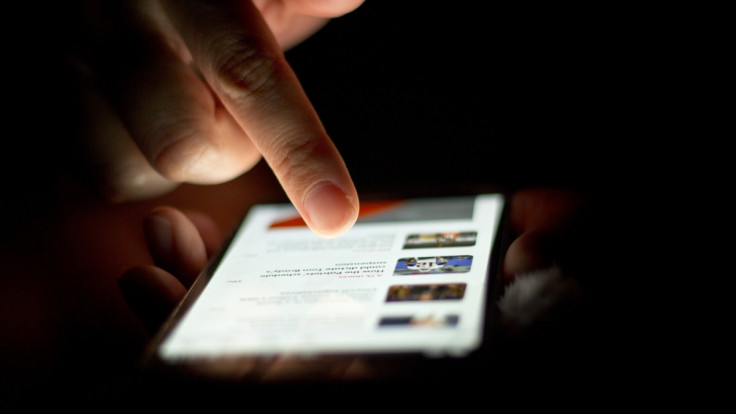
Perhaps not as well-known as the big-name hitters of WhatsApp or iMessage, Wickr was launched in 2012 for iOS, Android and Linux devices. The application allows users to communicate securely and send photos, videos and file attachments while the firm claims it does not centrally store any of the messages being sent through Wickr. "All messages are stored in encrypted form on end users' devices. You choose your own retention policy for your messages by choosing how long a message is viewable before it is deleted (via the self-destruct time for sent messages and manual deletion for your device). Deleted messages cannot be recovered," reads the company's data retention policy.
In the past, the firm has stressed it recognises the validity of complying with valid police requests although it firmly rejects proposals of 'backdoor' access in its software. In a recent amicus brief filed in support of Apple in the controversial case against the FBI, Jennifer DeTrani, general counsel at Wickr said: "Wickr firmly supports strong encryption standards for all users and technologies. Everyone – no matter whether they are individual, business or government entities - deserves security when exchanging valuable data and communications over global networks."
The EFF's scoreboard rates applications and services based on their 'usability and security' and has, to date, tested over 35 major applications. It checks whether data is 'encrypted in transit', if the software code is open-source and auditable and if the security protocols are properly documented.
There are many more security-conscious applications we have not listed here – do you have a favourite app we have missed out? Sound off in the comments below or contact: j.murdock@ibtimes.co.uk.
© Copyright IBTimes 2025. All rights reserved.





















